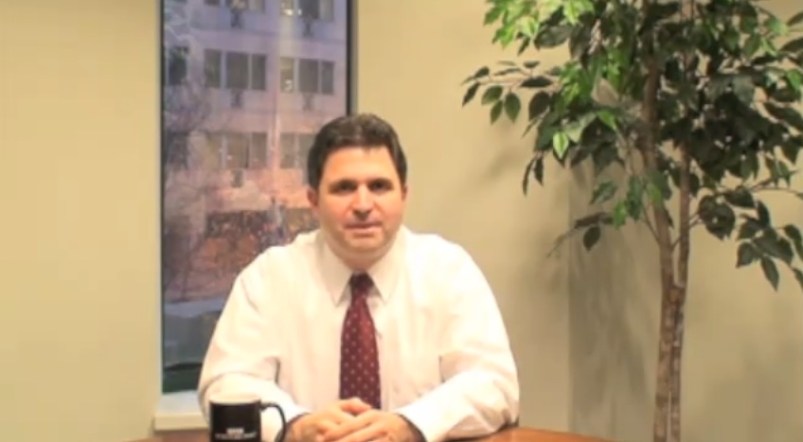Joe Olivo has been in the news lately. And it’s a place he’s been before.
On Nov. 3, The Wall Street Journal ran a story about a minimum wage ballot question in New Jersey. The newspaper reported that opponents of an increase in the hourly wage said it would “cause businesses to cut tens of thousands of jobs.”
“I have good years and I have bad years,” Olivo, a New Jersey printing plant owner, told the Journal. “I can’t afford to give wage increases every year.”
But as the Columbia Journalism Review’s Ryan Chittum pointed out in a recent blog post, Olivo isn’t just a New Jersey small business owner. Olivo is also a member of the Federation of Independent Businesses (NFIB), a conservative, pro-business group that, among other things, was a ferocious opponent of Obamacare. (The NFIB was part of the multi-state lawsuit that challenged the constitutionality of the health care law.) And Olivo has a history of turning up in the news as just a businessman, without his ties to the interest group made known.
Just two days after the Journal article, after the New Jersey measure to raise the wage in the state to $8.25 had passed, The New York Times reported that “small businesses have already begun looking for ways to offset the increase in labor costs.” And Olivo appeared again:
“Mr. Olivo said he worried that his marketing-services company in Moorestown would have trouble competing with businesses in states where the minimum wage is no higher than the federal minimum of $7.25 an hour,” The Times reported. “He said he had already found ways to replace some workers with machines.”
Like the Journal, the Times did not report that Olivo has been an active member of the NFIB. The articles did not mention how, for instance, Olivo has served on the New Jersey NFIB’s leadership council, and in recent years spoke out often about his opposition to Obamacare.
It’s an issue that first came up in the summer of 2012. According to Chittum, Olivo had appeared in stories about Obamacare by NBC News, NPR, Fox Business, the Associated Press, among others, without his connection to NFIB being disclosed. But people put it together, and started asking questions.
It’s unclear how Olivo has ended up portrayed as a regular guy in so many news reports without any mention of his associations. Last year, Chittum speculated that journalistic laziness had something to do with it.
In an interview with NPR last year, Olivo said he was receiving no money from the NFIB, and defended his right to speak out about his situation and beliefs.
“I’m telling a story, and yes I may be telling it over, and in different variations, on different networks,” Olivo said. “But it’s my story, so I don’t really understand what there is to discover, or what else they would need to disclose.”
Olivo did not return a call from TPM on Tuesday.






